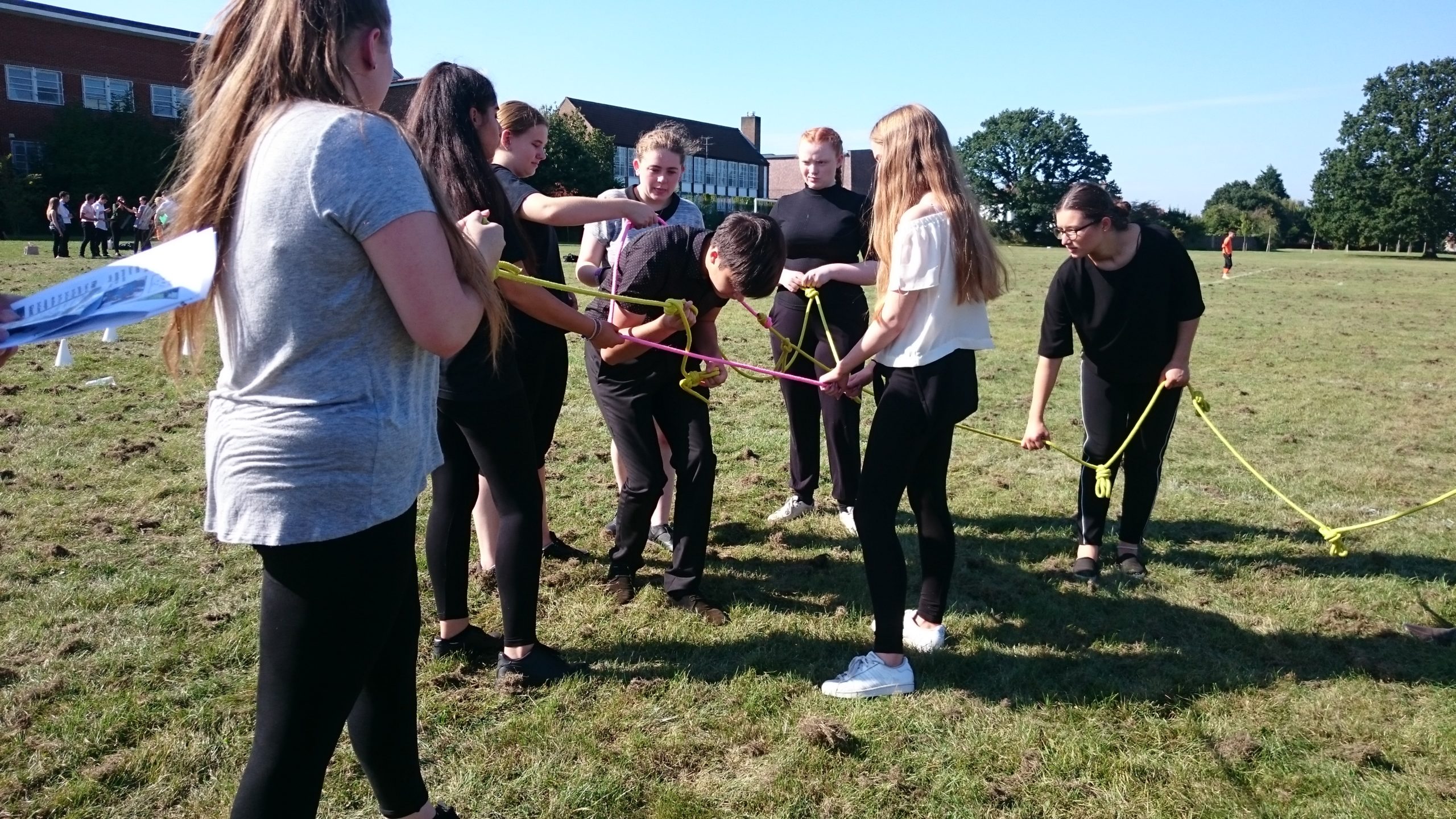Resilience is a word often used in education but what does it actually mean and how can outdoor learning have an impact?
Students at every age are under enormous amounts of stress, from school work and exam learning to social situations and potentially difficult home lives. These high levels of stress, particularly in young people, can lead to them becoming emotional, withdrawn, resentful and angry. Whilst many people brush these traits off as “teenage hormones,” there is something we can do to help.
Scientifically speaking, when people are stressed, this can cause the prefrontal cortex of the brain to temporarily shut down. As this is the part of the brain that is involved with problem solving, attention focus, impulse control and regulating emotion, it is vital that we give young people the tools to be able to adapt well to changes and difficulties to reduce this stress level. In short, building them up on the inside to be strong enough to bounce back from whatever life throws at them.
Studies have shown that resilient children are significantly less likely to develop emotional problems as they feel they are worthwhile and can make a difference, both independently and as part of a group. They develop good relationships with their peers through understanding others feelings, flexible approaches to problems and having the ability to laugh at themselves whilst maintaining a sense of purpose that they can get things done.

Image Source: Unsplash
How can outdoor learning help?
As outdoor practitioners, we realise that transition points in children’s lives can be fantastic opportunities to build on this key skill in a variety of settings. Whether in primary school when students are learning extensive social skills alongside the national curriculum, to high school and beyond, many of the key factors in promoting resilience in young people remain the same.
By giving learners opportunities to contribute to a supportive group of peers gives them positive reinforcement of their choices and helps them develop optimistic thinking to find solutions to problems. Feeling the responsibility of their actions towards the rest of their team can increase student’s confidence, which in turn helps them deal with challenges.
Not only is managed exposure to risk necessary if children are to learn coping mechanisms, but it has been proven that exercise strengthens and reorganises the brain to make it more resilient to stress.

Image Source: WisUp Team Building
Get in Touch
If you would like to hear how our team can provide enjoyable team building days which help students work on their resilience, please use our easy enquiry form below or give us a call.
Title Image Source: WiseUp Team Building
Return to Blog


